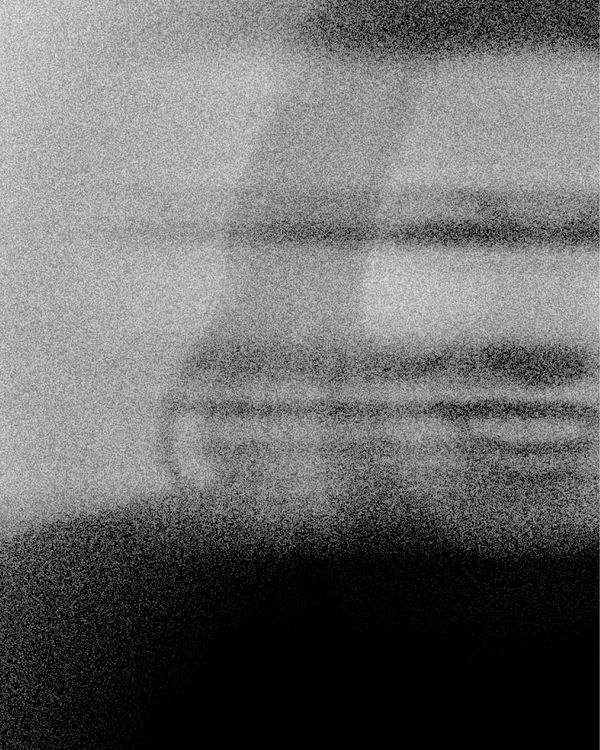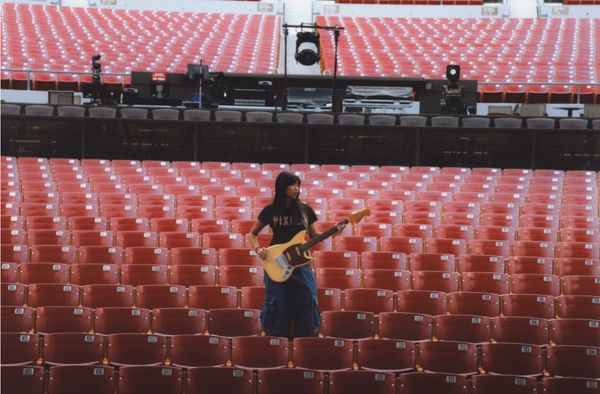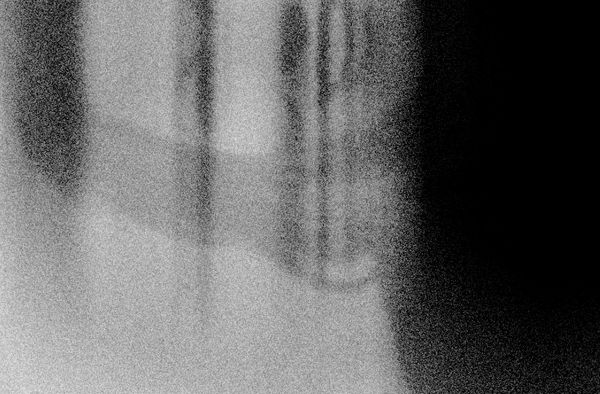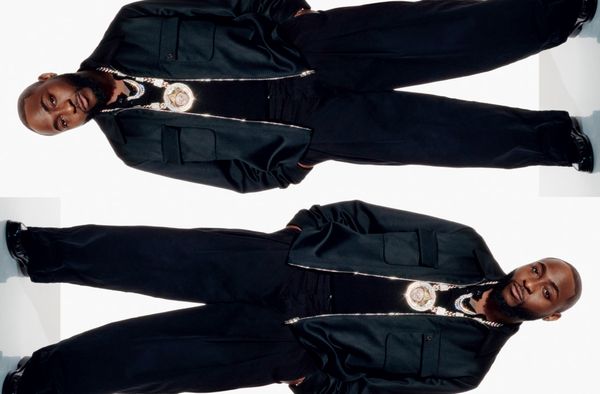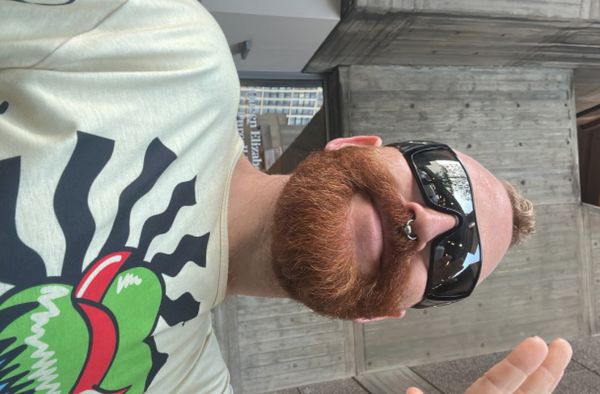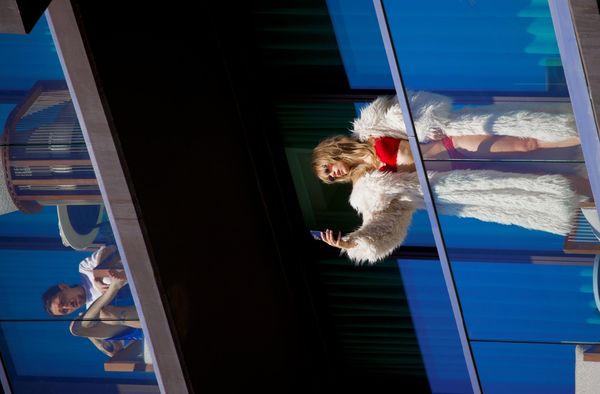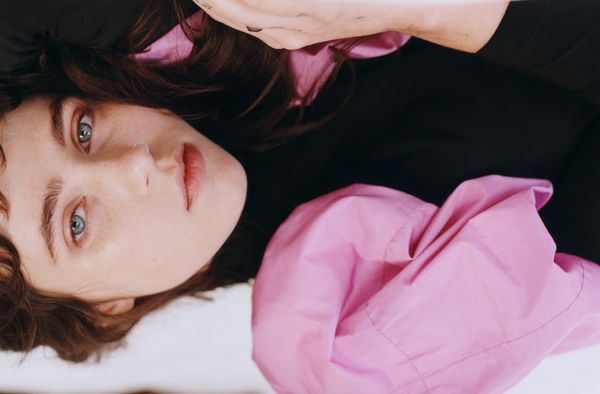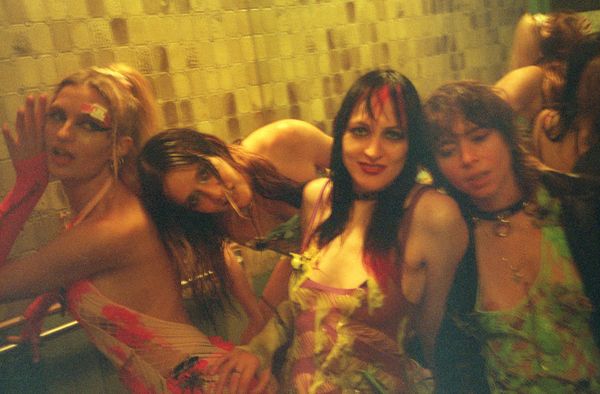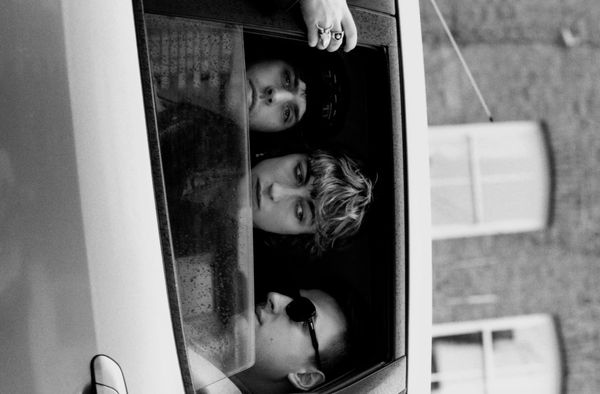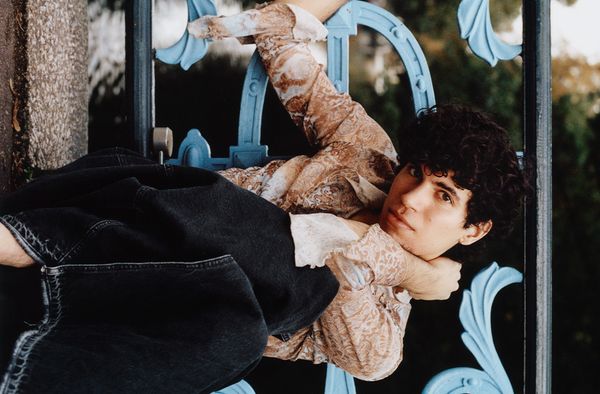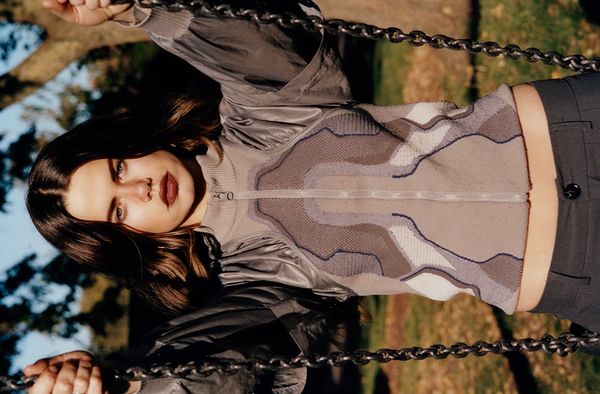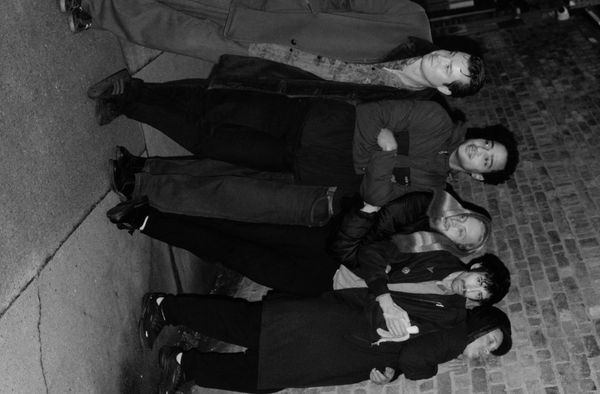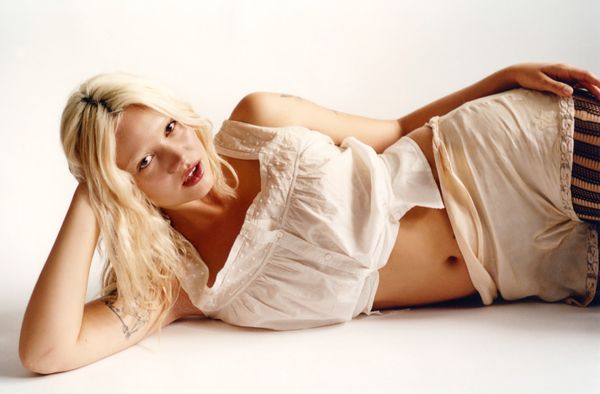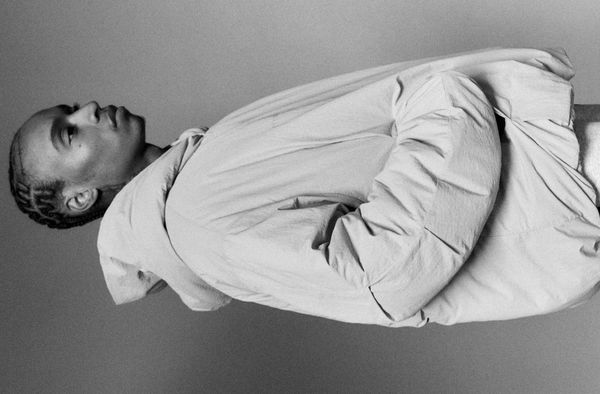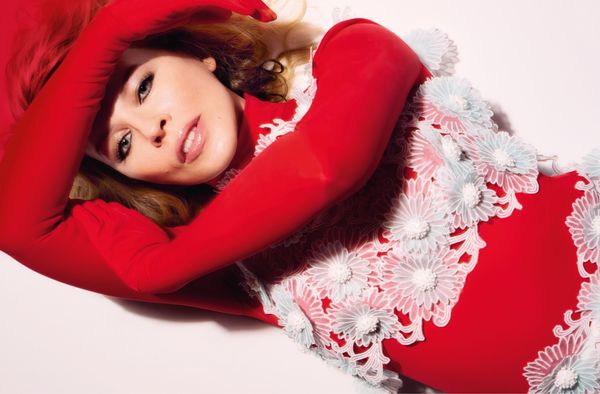Kim Deal is a self-proclaimed collector of songs. “I don’t collect them like marbles,” she jokes; “what happens is that when I have something that I think is an intriguing chord progression, or something that I want to write about, I'll do it and I won't think about where it's going to land.”
There was a lot Deal wanted to write about on her first full solo album, Nobody Loves You More, which dropped at the end of November. A compilation of songs she has been working on for over 10 years, each track marks a specific moment in the prolific musician’s life, offering something of a nonlinear biography for fans who have been following Deal—the legendary Breeders frontwoman, original bassist for the Pixies, and a singular icon for any/every woman who has ever picked up a guitar— since the early-90s, and a new generation of music lovers, Olivia Rodrigo among them, who have been drawn into her orbit for the first time. “Are You Mine?,” with its 50’s doo-wop arpeggios, chronicles the dementia that plagued her mother, who passed away in 2020 (“it was like losing her more and more, every day,” says Deal), and “Wish I Was”—which was originally released as an instrumental B-side—were written and recorded in 2011 shortly after Deal came off the Pixies’ “Lost Cities Tour” (early versions of these songs were included in a seven-inch vinyl series that came out in 2013).
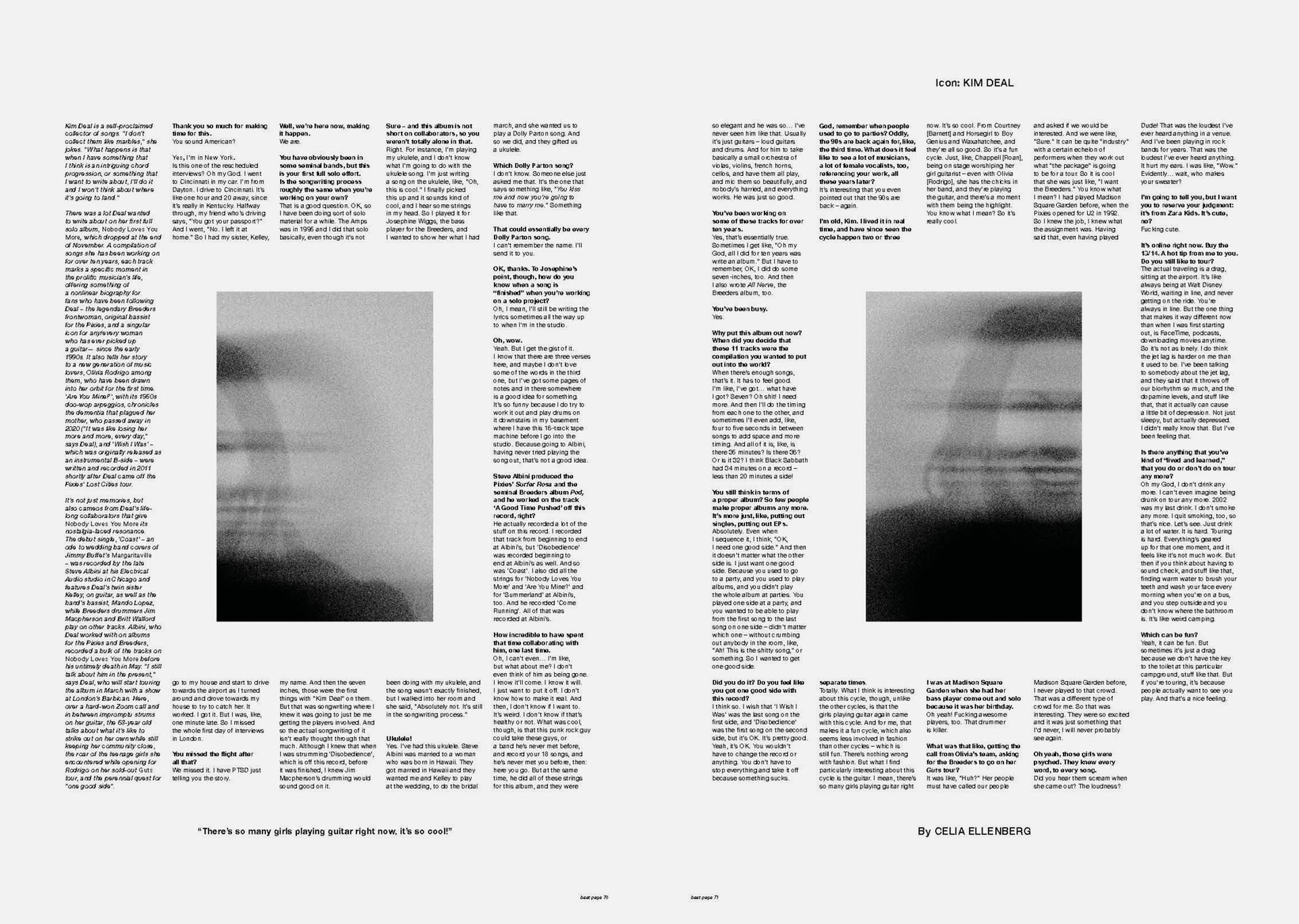
It’s not just memories, but cameos from Deal’s life-long collaborators that give Nobody Loves You More its nostalgia-laced resonance.The debut single, “Coast”—an ode to wedding band covers of Jimmy Buffet’s Margaritaville— was recorded by the late Steve Albini at his Electrical Audio studio in Chicago and features Deal’s twin sister and fellow Breeders bandmate, Kelley, on guitar, as well as the band’s bassist, Mando Lopez, while Breeders drummers Jim Macpherson and Britt Walford play on other tracks. Albini, the legendary producer who Deal worked with while in the Pixies and the Breeders, recorded a bulk of the tracks on the album before his untimely death in May at age 61. “I still talk about him in the present,” says Deal, who will start touring the album in March with a show at London’s Barbican. Here, over a hard-won Zoom call and in between impromptu strums on her guitar, the 63-year old talks about what it’s like to strike out on her own while still keeping her community close, the deafening roar of the teenage girls she encountered while opening for Rodrigo on her sold-out Guts tour, and the perennial quest for “one good side.”
Thank you so much for making time for this.
You sound American.
Yes. Not from London. I’m in New York.
Is this one of the rescheduled interviews? Oh my God. I went to Cincinnati in my car. I'm from Dayton. I drive to Cincinnati. It's like 1 hour and 20 away since it's really in Kentucky. Halfway through, my friend who's driving says, “You got your passport?” And I went, “No. I left it at home.” So I had my sister, Kelley, go to my house and start to drive towards the airport as I turned around and drove towards my house to try to catch her. It worked. I got it. But I was, like, one minute late. So I missed the whole first day of interviews in London.
You missed the flight after all that?
We missed it. I have PTSD just telling you the story.
Well, we’re here now, making it happen.
We are.
You have obviously been in some seminal bands, but this is your first full solo effort. Is the songwriting process roughly the same when you’re working on your own?
That is a good question. Okay, so I have been doing sort of solo material for a while. The Amps was in 1995 and I did that solo basically, even though it's not my name. And then the seven inches, the 45s, those were the first things with “Kim Deal” on them. But that was songwriting where I knew it was going to just be me getting the players involved. And so the actual songwriting of it isn't really thought through that much. Although I knew that when I was strumming “Disobedience,” which is off this record, before it was finished, I knew Jim Macpherson’s drumming would sound good on it.
Sure—and this album is not short on collaborators, so you weren’t totally alone in that way.
Right. For instance, I'm playing my ukulele, and I don't know what I'm going to do with the ukulele song. I'm just writing a song on the ukulele, like, “Oh, this is cool.” I finally picked this up and it sounds kind of cool, and I hear some strings in my head. So I played it for Josephine Wiggs, the bass player for the Breeders, and I wanted to show her what I had been doing with my ukulele, and the song wasn't exactly finished, but I walked into her room and she said, “Absolutely not. It's still in the songwriting process.”
Ukulele!
Yes. I’ve had this ukulele. Steve Albini was married to a woman who was born in Hawaii. They got married in Hawaii and they wanted me and Kelley to play at the wedding, to do the bridal march, and she wanted us to play a Dolly Parton song. And so we did, and they gifted us a ukulele.
Which Dolly Parton song?
I don't know. Someone else just asked me that. It's the one that says something like,You kiss me and now you're going to have to marry me. Something like that.
That could essentially be every Dolly Parton song.
I can’t remember the name. I’ll send it to you.
OK, thanks. To Josephine’s point, though, how do you know when a song is “finished” when you’re working on a solo project?
Oh, I mean, I'll still be writing the lyrics sometimes all the way up to when I'm in the studio.
Oh, wow.
Yeah. But I get the gist of it. I know that there are three verses here, and maybe I don't love some of the words in the third one, but I’ve got some pages of notes and in there somewhere is a good idea for something. It's so funny because I do try to work it out and play drums on it downstairs in my basement where I have this 16-track tape machine before I go into the studio. Because going to Albini, having never tried playing the song out, that's not a good idea.
Steve Albini produced the Pixies’ Surfer Rosa and the seminal Breeders album, Pod, and he worked on the track “A Good Time Pushed,” off this record, too, right?
He actually recorded a lot of the stuff on this record. I recorded that track from beginning to end at Albini’s, but “Disobedience” was recorded beginning to end at Albini’s as well. And so was “Coast.” I also did all the strings for “Nobody Loves You More,” and “Are You Mine?” and for “Summerland” at Albini’s, too. And he recorded “Come Running.” All of that was recorded at Albini’s.
How incredible to have spent that time collaborating with him, one last time.
Oh, I can't even…I'm like, but what about me? I don't even think of him as being gone. I know it'll come. I know it will. I just want to put it off. I don't know how to make it real. And then, I don't know if I want to. It's weird. I don't know if that’s healthy or not. What was cool, though, is that this punk rock guy could take these guys, or a band he’s never met before, and record your 18 songs, and he's never met you before, then: here you go. But at the same time, he did all of these strings for this album, and they were so elegant and he was so…I've never seen him like that. Usually it's just guitars—loud guitars and drums. And for him to take basically a small orchestra of violas, violins, french horns, cellos, and have them all play, and mic them so beautifully, and nobody's harried, and everything works. He was just so good.
You’ve been working on some of these tracks for over 10 years.
Yes, that’s essentially true. Sometimes I get like, “Oh my God, all I did for 10 years was write an album.” But I have to remember, OK, I did do some seven-inches, too. And then I also wrote All Nerve, the Breeders album, too.
You've been busy.
Yes.
Why put this album out now? When did you decide that these 11 tracks were thecompilation you wanted to put out into the world?
When there's enough songs, that's it. It has to feel good. I'm like, I've got…what have I got? Seven? Oh shit! I need more. And then I'll do the timing from each one to the other, and sometimes I'll even add, like, four to five seconds in between songs to add space and more timing. And all of it is, like, is there 35 minutes? Is there 36? Or is it 32? I think Black Sabbath had 34 minutes on a record—less than 20 minutes a side!
You still think in terms of a proper album? So few people make proper albums anymore. It’s more just, like, putting out singles, putting out EPs.
Absolutely. Even when I sequence it, I think, “Okay, I need one good side.” And then it doesn't matter what the other side is. I just want one good side. Because you used to go to a party, and you used to play albums, and you didn't play the whole album at parties. You played one side at a party, and you wanted to be able to play from the first song to the last song on one side—didn’t matter which one—without crumbing out anybody in the room, like, “Ah! This is the shitty song,” or something. So I wanted to get one good side.
Did you do it? Do you feel like you got one good side with this record?
I think so. I wish that “I Wish I Was” was the last song on the first side, and "Disobedience” was the first song on the second side, but it's okay. It's pretty good. Yeah, it's okay. You wouldn't have to change the record or anything. You don't have to stop everything and take it off because something sucks.
God, remember when people used to go to parties? Oddly, the 90s are back again for, like, the third time. What does it feel like to see a lot of musicians, a lot of female vocalists, too, referencing your work, all these years later?
It's interesting that you even pointed out that the 90s are back—again.
I'm old, Kim. I lived it in real time, and have since seen the cycle happen two or three separate times.
Totally. What I think is interesting about this cycle, though, unlike the other cycles, is that the girls playing guitar again came with this cycle. And for me, that makes it a fun cycle, which also seems less involved in fashion than other cycles—which is still fun. There's nothing wrong with fashion. But what I find particularly interesting about this cycle is the guitar. I mean, there's so many girls playing guitar right now. It's so cool. From Courtney [Barnett] and Horsegiirl to Boy Genius and Waxahatchee and they're all so good. So it’s a fun cycle. Just, like, Chappell [Roan], being on stage worshiping her girl guitarist—even with Olivia [Rodrigo], she has the chicks in her band, and they're playing the guitar, and there's a moment with them being the highlight. You know what I mean? So it's really cool.
I was at the MSG show when she had her bass player come out and solo because it was her birthday.
Oh yeah! Fucking awesome players, too. That drummer is killer.
What was that like, getting the call from Olivia’s team asking for the Breeders to go on her Guts tour?
It was like, “Huh?” her people must have called our people and asked if we would be interested. And we were like, “Sure.” It can be quite “industry” with a certain echelon of performers when they work out what “the package” is going to be for a tour. So it is cool that she was just like, “I want the Breeders.” You know what I mean? I had played Madison Square Garden before when the Pixies opened for U2 in 1992. So I knew the job, I knew what the assignment was. Having said that, even having played Madison Square Garden before, I never played to that crowd. That was a different type of crowd for me. So that was interesting. They were so excited and it was just something that I'd never, I will never probably see again.
Oh yeah, those girls were psyched. They knew every word, to every song.
Did you hear them scream when she came out? The loudness? Dude! That was the loudest I've ever heard anything in a venue. And I've been playing in rock bands for years. That was the loudest I've ever heard anything. It hurt my ears. I was like, “Wow.” Evidently…wait, who makes your sweater?
I'm going to tell you, but I want you to reserve your judgment: it’s from Zara Kids.The biggest kids size fits me, and sometimes the kids' styles are better anyway. It’s cute, no?
Fucking cute.
It's online right now. Buy the 13/14. A hot tip from me to you. Do you still like to tour?
The actual traveling is a drag, sitting at the airport. It's like always being at Walt Disney World, waiting in line, and never getting on the ride. You’re always in line. But the one thing that makes it way different now then when I was first starting out, is FaceTime, podcasts, downloading movies anytime. So it’s not as lonely. I do think the jet lag is harder on me than it used to be. I've been talking to somebody about the jet lag, and they said that it throws off our biorhythm so much, and the dopamine levels, and stuff like that, that it actually can cause a little bit of depression. Not just sleepy, but actually depressed. I didn't really know that. But I've been feeling that.
Is there anything that you've kind of “lived and learned,” that you do or don't do on tour anymore?
Oh my God, I don't drink anymore. I can't even imagine being drunk on tour anymore. 2002 was my last drink. I don't smoke anymore. I quit smoking, too, so that's nice. Let's see. Just drink a lot of water. It is hard. Touring is hard. Everything's geared up for that one moment, and it feels like it's not much work. But then if you think about having to sound check, and stuff like that, finding warm water to brush your teeth and wash your face every morning when you're on a bus, and you step outside and you don't know where the bathroom is. It's like weird camping.
Which can be fun?
Yeah, it can be fun.But sometimes it's just a drag because we don't have the key to the toilet at this particular campground, stuff like that. But if you’re touring, it’s because people actually want to see you play. And that's a nice feeling.
